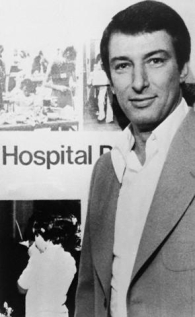|
What I'm a fan of is the rigor of going to an arbiter, to an authority, to an oracle, to a reference ie to a dictionary to discover the meaning of a word, to get clear about the correct usage of a word, to realize the implications of a word, and to study the correct rules, grammar, and syntax for using a particular word.
I don't vote on words. I don't vote on hammers, wrenches, or screwdrivers either. I don't vote on words or tools. I just use them. And if one no longer works for the task at hand, or breaks, I get another one.
But suppose, just suppose for a moment, for this conversation, suppose I vote on words. Which word is my favorite?
There's no question about this for me. I don't need to stop and think to come up with one. There's no doubt. My favorite word is recontextualization.
Recontextualization isn't in my dictionary. Recontextualization isn't in any dictionary. Yes, a form of recontextualization appears in the dictionary. But not recontextualization the way I speak recontextualization. That's because academics who compile dictionaries, those good people who've lately included words which until now were unheard of in the King's English - like "google" (the verb), "cell phone" (not a device for calling from prison), and "laptop" (not thighs) - aren't yet completely facile with languaging transformation.
